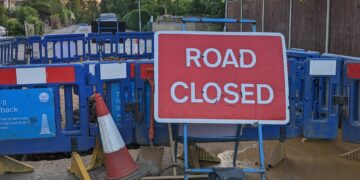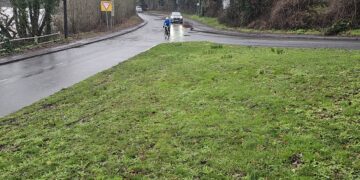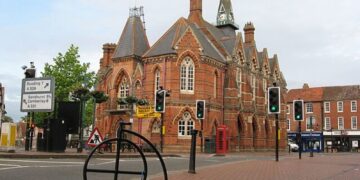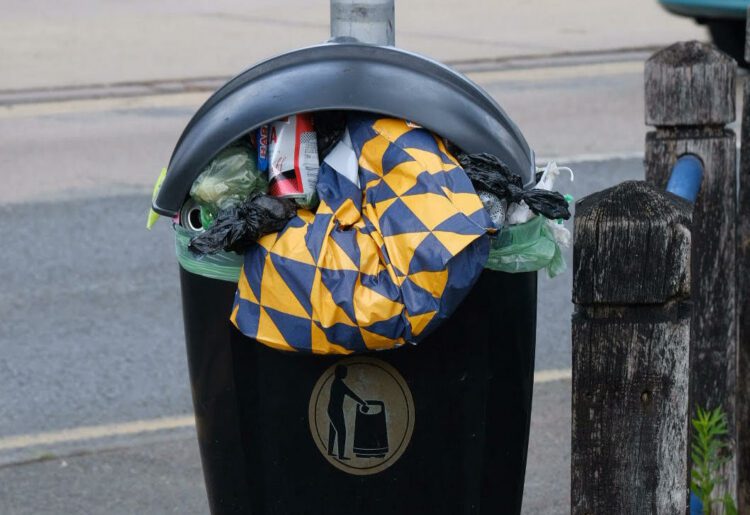Plans to save taxpayers’ money and protect essential public services by removing 150 public litter bins have been put on hold while Wokingham Borough Council looks for other ways to save money.
At a meeting of its decision-making executive last week, the council agreed not
to go ahead with the proposed reductions following feedback from a public consultation.
Responses were analysed earlier this month by the council’s overview and scrutiny committees, which advised against going ahead with the plans.
Instead, the executive accepted the committee’s recommendation to establish a group to look for other ways to save money within the litter bin service.
At the same meeting, the executive approved other cost-saving measures, including changes to the frequency of street sweeping, cleaning of areas around bottle banks and weed spraying which, along with savings yet to be identified in litter bins, should save taxpayers about £600,000 over three years.
It also agreed to save £100,000 a year by reducing grass cutting in public areas from six annual cuts to four, except for play parks and other amenity areas. Cuts at grass verges that affect drivers’ view of the road would maintain the current schedule for safety reasons.
Cllr Stephen Conway, leader of Wokingham Borough Council, said: “I would like to thank all our residents who took part in the consultation for their helpful comments, and our scrutiny committee for its constructive recommendations.
“This process has allowed us to find a way forward which responds to residents’ concerns about the loss of bins but also gives us the freedom to find creative ways of reducing the cost of the public litter bin service.
“We will continue to be open and transparent as this progresses and will make further announcements as soon as there’s any more news to share.”
The council needs to save £12 million this year, and is looking to make a range of savings that will continue to prioritise people above all else.
About 60p in every pound it collects in council tax is spent on some form of social care, while almost four-fifths of its annual revenue budget – or running costs – is spent on this and other statutory services like maintaining roads and highways or collecting waste.













































